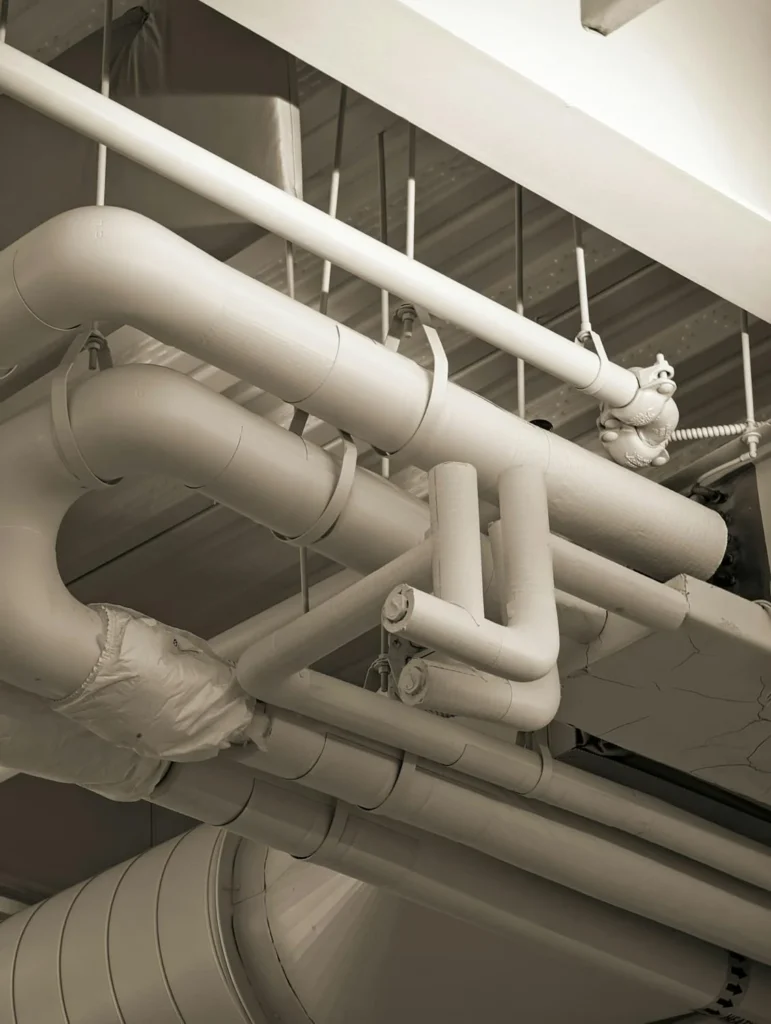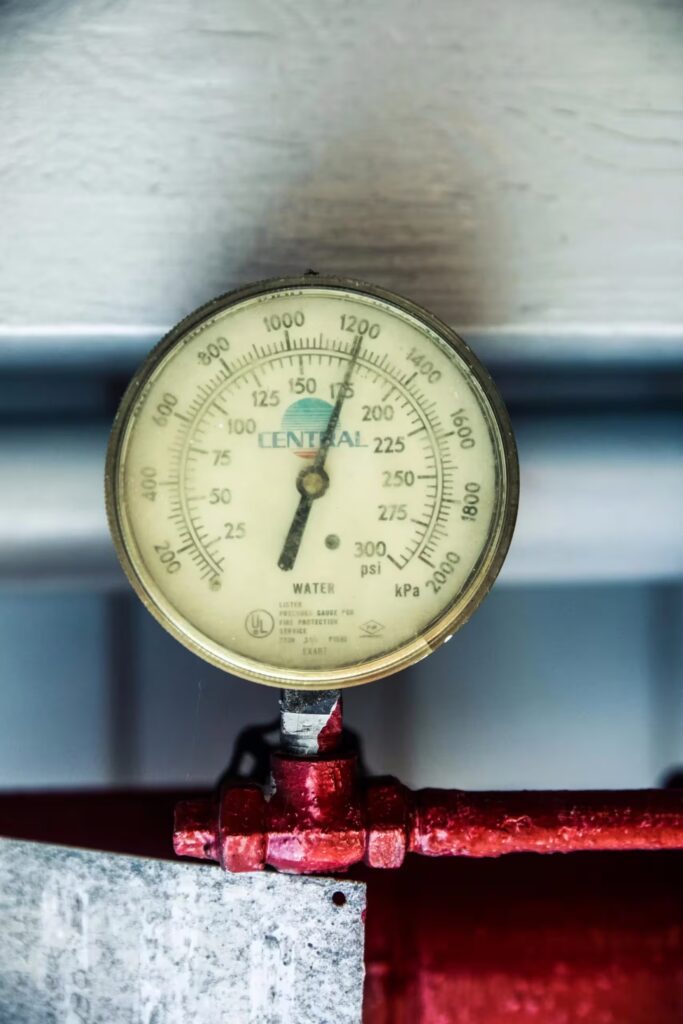If you store fuel or oil at your home, business, or farm in the UK, you must comply with strict regulations designed to prevent pollution and ensure safety. These laws vary depending on the type of premises, the quantity of oil stored, and the intended use. Understanding these regulations is crucial to avoid fines, environmental damage, and costly clean-ups.
In this guide, we will explore the key fuel and oil storage regulations in the UK, covering domestic, business, and agricultural storage. We will also outline the necessary steps to take in the event of an oil spill.
Fuel & oil storage regulations for homes
If you store oil at home, whether for heating or other purposes, you must follow UK building regulations during installation. The installer should ideally be registered under a Competent Person Scheme, such as OFTEC (Oil Firing Technical Association), to ensure compliance. If you choose an unregistered installer, you must obtain a Building Control Notice from your local council, which includes an inspection fee. If the installation does not meet regulations, you may be required to make costly modifications.
Key requirements for domestic oil storage:
- Tank capacity: If your container holds over 3,500 litres, you must follow business storage regulations.
- Location considerations: The tank must be placed at least 10 metres from rivers, boreholes, or wells to prevent contamination.
- Secondary containment (Bunds): In some cases, a secondary containment system, known as a bund, is required. A bund must hold at least 110% of the tank’s capacity and be resistant to both oil and water.
- Regular inspections: It is advisable to have your tank inspected regularly to ensure it remains in good condition and does not pose a risk of leaks.
Fuel & oil storage regulations for businesses
Businesses that store 201 litres or more of oil must comply with the Control of Pollution (Oil Storage) (England) Regulations 2001 or equivalent laws in Scotland, Wales, and Northern Ireland. These laws apply to industrial sites, commercial properties, and public sector facilities.
Key requirements for business oil storage:
- Approved tanks: Containers must comply with British Standard 5410 (or equivalent, such as OFTEC standards for plastic and metal tanks).
- Spill prevention measures:
- Fixed tanks must have a bund to contain at least 110% of the tank’s capacity.
- Pumps and sight gauges must have shut-off valves to prevent accidental leaks.
- Pipes and hoses should be protected from damage and leaks.
- Positioning: Storage tanks must be placed where there is minimal risk of impact damage (e.g., from vehicles) and should be safeguarded if a collision risk exists.
- Emergency measures: Businesses must have spill containment kits on-site and a response plan in place.
Failure to comply with these regulations can result in significant fines and liability for any pollution caused.
Fuel & oil Storage regulations for farms
Farms require different regulations depending on the use of the fuel:
- Heating farmhouses: Follow domestic oil storage regulations.
- Powering farm vehicles and equipment: Special agricultural storage rules apply.
- Supplying fuel to third parties (e.g. vehicle hire businesses): Follow commercial oil storage regulations.
Key requirements for agricultural oil storage:
- Annual inspections: Farmers must inspect storage tanks every year and replace them if they pose a risk.
- Bunds: Farms storing over 1,500 litres must use a bund system.
- Environmental considerations: Tanks must be positioned away from watercourses and sensitive habitats to prevent contamination.
Farms that fail to comply with these regulations can face fines and environmental restoration costs.
What to do in the event of an oil spill
Even with strict compliance, oil spills can occur. A fast and professional response is crucial to minimise environmental damage and legal consequences.
Immediate steps to take:
- Contain the spill: Use spill kits, absorbent materials, or sandbags to prevent further spread.
- Shut off the source: If possible, stop the flow of oil immediately.
- Report the incident:
- In England, report to the Environment Agency via the Emergency Pollution Hotline (0800 807060).
- In Scotland, report to SEPA (Scottish Environment Protection Agency).
- In Wales, report to Natural Resources Wales.
- In Northern Ireland, report to the Northern Ireland Environment Agency.
- Call professional clean-up services: Ideal Response can be on-site within 2 hours to contain, clean, and decontaminate the affected area. We use Lubetech bioremediation technology, an environmentally friendly solution that breaks down oil safely.
- Odour neutralisation: If lingering smells remain, we provide odour removal services to restore air quality.
Why compliance matters
Ignoring fuel and oil storage regulations can have serious consequences:
- Fines and legal action: Non-compliance can result in fines of thousands of pounds, or even prosecution.
- Environmental damage: Oil spills harm wildlife, water sources, and soil quality.
- Financial costs: Cleaning up oil spills is expensive, and businesses may face additional liabilities if pollution affects third parties.
By following UK fuel and oil storage regulations, you protect your property, the environment, and your finances.
Need help with oil spill clean-up?
If you need urgent assistance with an oil spill, Ideal Response is available 24/7. Our rapid response team can be on-site within 2 hours to contain and remediate the spill, ensuring minimal disruption to your home, business, or farm. Talk to one of the team.





















